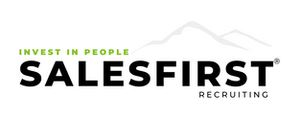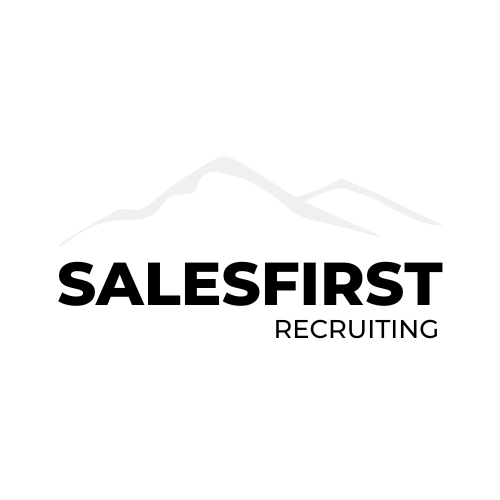3 Resume Mistakes That Are Costing You Interviews — And How to Fix Them Today
If you’ve ever hit “submit” on a job application and heard nothing back, you’re not alone. We’ve seen it happen to entry-level candidates and seasoned pros alike. The truth? Many great candidates don’t make it to the interview stage even though they may be qualified because their resume isn’t telling the right story.
You don’t need to rewrite your entire resume though. You just need to clean up a few key mistakes that can make a big difference. Here's what to watch for, and how to fix it in under 10 minutes.
1. Vague Language with No Proof of Success
Let’s start with the biggest one. Too many resumes are filled with generic buzzwords that don’t say anything meaningful.
Words like:
“Results-oriented”
“Self-starter”
“Team player with excellent communication skills”
You’ve probably seen these before or even used them yourself. The problem is they don’t show the hiring manager what you’ve actually done. They sound nice but mean very little without proof.
Instead of saying’ “I was responsible for managing sales accounts and improving customer satisfaction,” say “Managed 35 mid-market accounts, increasing client retention by 22% and generating $1.2M in annual recurring revenue.”
You don’t need to inflate your experience to get specific. What did you accomplish? What targets did you hit? What outcomes did you drive?
If you don’t have access to hard numbers, focus on qualitative wins:
“Promoted within 18 months due to performance”
“Led new onboarding process adopted by regional team”
Be concrete. Let your work speak for itself.
2. Writing Your Resume in the First Person
This one’s surprisingly common, and it instantly raises a red flag. Resumes should never be written like a cover letter. If you’re starting your sentences with “I” or “my,” it’s time for a rewrite.
Instead of saying, “I generated leads for our sales team and closed high-value deals with healthcare clients,” say “Generated 80+ inbound leads per quarter and closed $450K in new revenue from healthcare clients.”
A resume is a professional snapshot, not a personal story. It should feel neutral, confident, and scannable. Removing “I” statements makes your resume more polished, and shows you understand standard professional norms.
Just remember that if your resume reads like a conversation with your manager, revise it.
3. Formatting That’s Hard to Read
If your resume isn’t easy to skim, it might get skipped. Recruiters spend under 10 seconds on the first glance. That means cluttered formatting, long paragraphs, or inconsistent fonts can work against you — fast.
Stick to 1–2 pages, max
Use bullet points, not paragraphs
Choose a clean font: Calibri, Arial, or Montserrat, for example
Keep spacing consistent
Ditch graphics, logos, and flashy designs
Save your resume as a PDF, not Word
Ask yourself: “If I had 8 seconds to scan this, would I know what this person is good at?”
If not, trim the fluff, simplify the layout, and highlight your top wins.
You Deserve to Stand Out for the Right Reasons
Resume mistakes are common, but the fix is super easy. Whether you’re just starting out or you’ve got a decade under your belt, these small adjustments can open big doors. If you’re not getting interviews, don’t automatically assume it’s your experience. It could just be the way it's showing up on paper.

